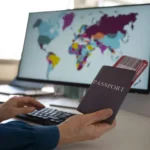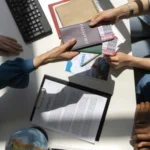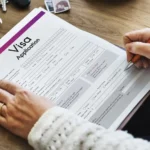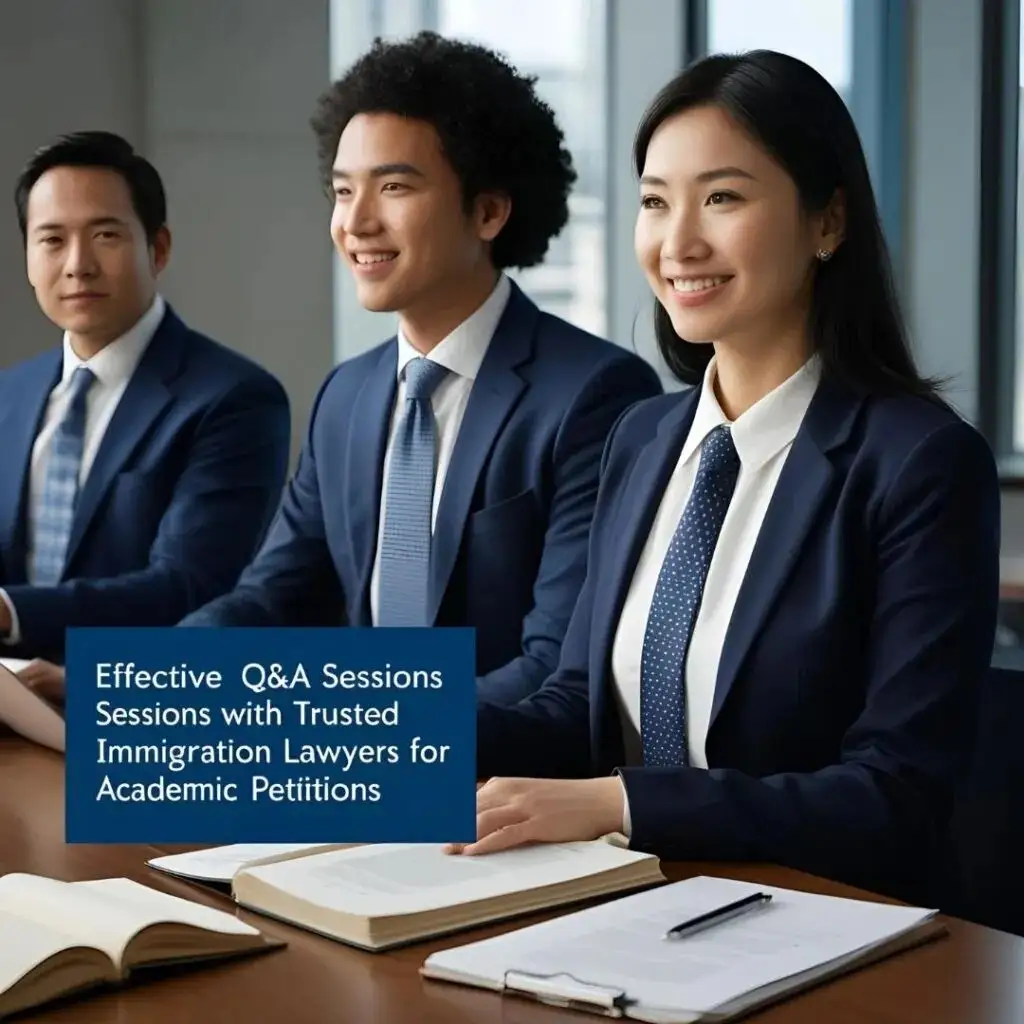Introduction
For international scholars, researchers, and PhD holders in the U.S., navigating the complex immigration landscape—especially through self-petitioned green card routes like EB-1A and EB-2 NIW (National Interest Waiver)—can feel daunting. That’s why engaging in Q&A sessions with immigration lawyers who specialize in academic petitions can be a game-changer.
These sessions provide tailored legal guidance, debunk myths, and help you avoid costly mistakes. Whether you’re preparing your I-140 petition, choosing between EB-1 vs EB-2, or planning a concurrent filing, direct interaction with experts is invaluable.
In this article, we’ll explore how to make the most of Q&A sessions, what questions to ask, and how academic-specific immigration attorneys can elevate your petition strategy.
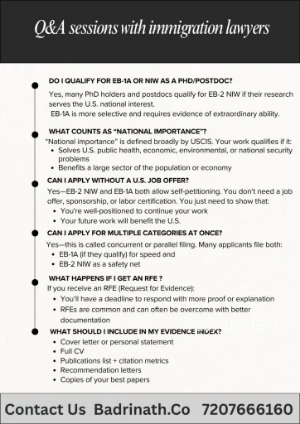
Finding the Right Immigration Lawyers for Your Academic Petition
Immigration lawyer is essential for navigating the complex process of academic petitions, particularly for those pursuing EB-1 and EB-2 visa categories. Q&A sessions with immigration lawyers who specialize in academic petitions have become vital resources for international scholars navigating the complex U.S. immigration system. These specialized consultations provide targeted guidance for academics seeking visas based on their scholarly achievements and contributions.
These sessions typically follow structured formats addressing key concerns while providing personalized advice. Unlike general immigration consultations, these specialized Q&A sessions focus specifically on the unique requirements and documentation needed to support academic credentials.
What to Expect When Consulting an Immigration Attorney About Academic Petitions
During these sessions, an immigration attorney with academic petition expertise can significantly improve your chances of approval. Attorneys typically structure their Q&A sessions around several critical areas. For EB-1 category questions, the focus remains on extraordinary ability criteria and outstanding researcher qualifications. For EB-2 inquiries, discussions center on advanced degree requirements and exceptional ability documentation.
Documentation questions dominate these sessions, with attorneys providing guidance on organizing evidence of extraordinary ability, addressing labor certification requirements, and properly presenting academic achievements. The application process itself—including filing procedures, processing timelines, and form completion—also receives significant attention.
How Immigration Lawyers Association Members Provide Specialized Academic Support
Many specialists are members of the immigration lawyers association, which provides ongoing education about academic visa categories. These attorneys emphasize several strategic approaches during Q&A sessions. First, they advocate for personalized petition strategies tailored to individual academic achievements. Second, they stress the importance of up-to-date knowledge of USCIS trends and effective communication of qualifications.
Legal experts highlight the critical nature of understanding academic environment nuances and having specific experience with international scholars. Their specialized knowledge helps navigate common challenges like documentation gaps, evidence presentation issues, and qualification demonstration.
Benefits of Hiring an Immigration Lawyer for Academic Petitions
An immigration lawyer for academic petitions understands the unique requirements for scholars and researchers. Moreover these specialists typically provide structured support beginning with an initial consultation for case evaluation and strategy development, followed by ongoing application monitoring and documentation updates.
The academic immigration petition process requires meticulous documentation of scholarly achievements. Attorneys recommend thorough preparation phases with clear organization of materials and strategic presentation of achievements. They also provide guidance on timing submissions, preparing for potential Requests for Evidence, and monitoring processing status.
For academic petitioners seeking success, immigration attorneys recommend comprehensive evidence collection, clear organization, and strong supporting letters. However with professional representation from counsel experienced in academic petitions, scholars can navigate this complex process with greater confidence and improved chances of approval.
For international scholars navigating the immigration system, these specialized Q&A sessions offer invaluable guidance that can make the difference between petition approval and denial.

Keywords
- EB-1A for researchers
- EB-2 NIW immigration lawyer Q&A
- Academic green card petition guidance
- USCIS petition for PhD holders
- F-1 to green card advice
- Immigration attorney academic Q&A
- Filing I-140 as a researcher
- NIW petition attorney tips
- EB-1 vs NIW for postdocs
- Green card Q&A for scientists
Read More About the Topic
External Links
12 Questions to Ask an Immigration Lawyer During the Initial Meeting


